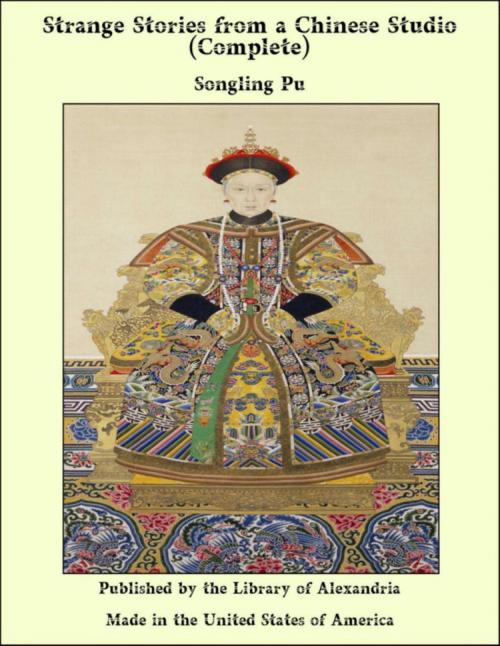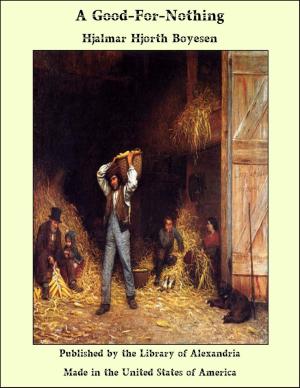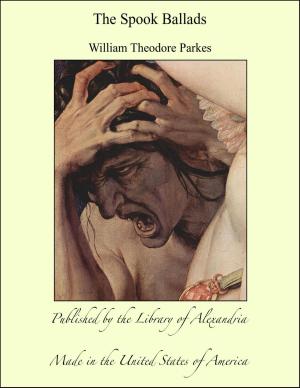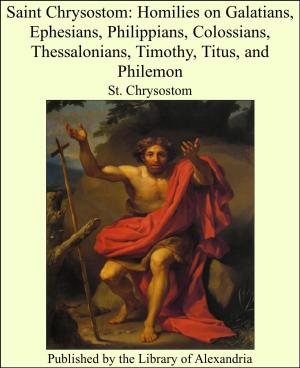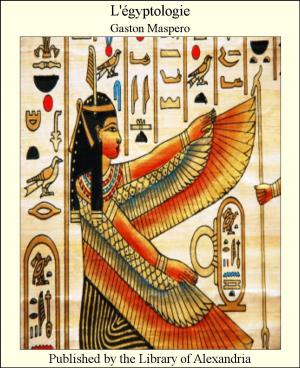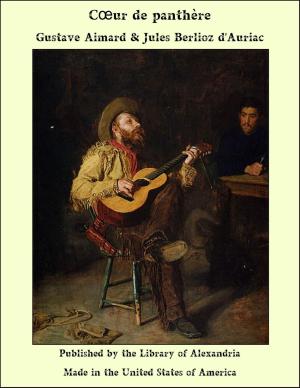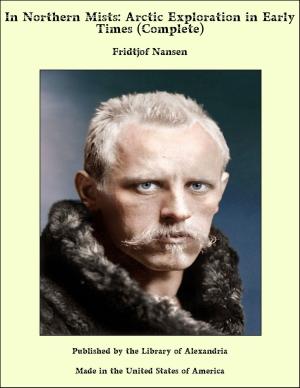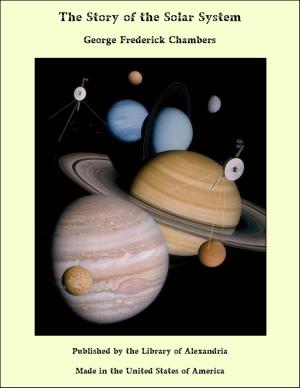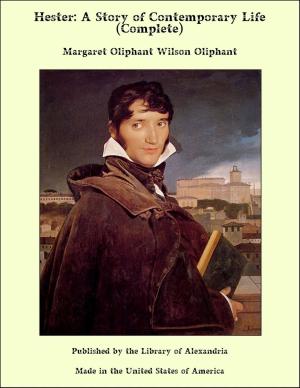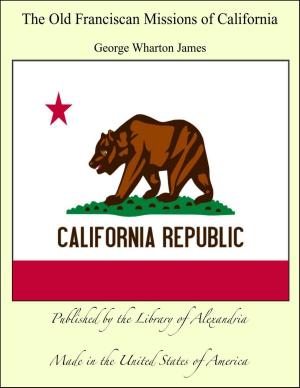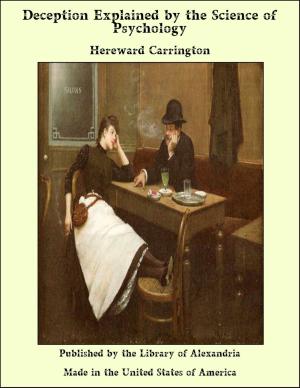Strange Stories from a Chinese Studio (Complete)
Nonfiction, Religion & Spirituality, New Age, History, Fiction & Literature| Author: | Songling Pu | ISBN: | 9781465583802 |
| Publisher: | Library of Alexandria | Publication: | March 8, 2015 |
| Imprint: | Language: | English |
| Author: | Songling Pu |
| ISBN: | 9781465583802 |
| Publisher: | Library of Alexandria |
| Publication: | March 8, 2015 |
| Imprint: | |
| Language: | English |
The public has, perhaps, a right to be made acquainted with the title under which I, an unknown writer, come forward as the translator of a difficult Chinese work. In the spring of 1867 I began the study of Chinese at H.B.M.’sLegation, Peking, under an implied promise, in a despatch from the then Secretary of State for Foreign Affairs, that successful efforts would be rewarded by proportionately rapid advancement in the service of which I was a member. Then followed a long novitiate of utterly uninteresting and, indeed, most repellent labour,—inseparable, however, from the acquisition of this language, which throughout its early stages demands more from sheer memory than from the exercise of any other intellectual faculty. At length, in the spring of 1877, while acting as Vice-Consul at Canton, I commenced the translation of the work here offered to the English reader. For such a task I had flattered myself into the belief that I possessed two of the requisite qualifications: an accurate knowledge of the grammatical structure of the language, and an extensive insight into the manners, customs, superstitions, and general social life of the Chinese. I had been variously stationed at Peking, Tientsin, Takow, and Taiwan Fu (in Formosa), Ningpo, Hankow, Swatow, and Canton, from the latter of which I was transferred—when my task was still only half finished—to Amoy. I had travelled beyond the Great Wall into Mongolia; and I had made the journey overland from Swatow to Canton, a distance of five hundred miles; besides which, in addition to my study of the language, my daily object in life had always been to familiarise myself as much as possible with Chinese sympathies and habits of thought. With these dvantages, and by the interesting nature of the subject-matter, I hoped to be able on the one hand to arouse a somewhat deeper interest than is usually taken in the affairs of China; and, on the other, to correct at any rate some of the erroneous views, too frequently palmed off by inefficient and disingenuous workers, and too readily accepted as fact.
The public has, perhaps, a right to be made acquainted with the title under which I, an unknown writer, come forward as the translator of a difficult Chinese work. In the spring of 1867 I began the study of Chinese at H.B.M.’sLegation, Peking, under an implied promise, in a despatch from the then Secretary of State for Foreign Affairs, that successful efforts would be rewarded by proportionately rapid advancement in the service of which I was a member. Then followed a long novitiate of utterly uninteresting and, indeed, most repellent labour,—inseparable, however, from the acquisition of this language, which throughout its early stages demands more from sheer memory than from the exercise of any other intellectual faculty. At length, in the spring of 1877, while acting as Vice-Consul at Canton, I commenced the translation of the work here offered to the English reader. For such a task I had flattered myself into the belief that I possessed two of the requisite qualifications: an accurate knowledge of the grammatical structure of the language, and an extensive insight into the manners, customs, superstitions, and general social life of the Chinese. I had been variously stationed at Peking, Tientsin, Takow, and Taiwan Fu (in Formosa), Ningpo, Hankow, Swatow, and Canton, from the latter of which I was transferred—when my task was still only half finished—to Amoy. I had travelled beyond the Great Wall into Mongolia; and I had made the journey overland from Swatow to Canton, a distance of five hundred miles; besides which, in addition to my study of the language, my daily object in life had always been to familiarise myself as much as possible with Chinese sympathies and habits of thought. With these dvantages, and by the interesting nature of the subject-matter, I hoped to be able on the one hand to arouse a somewhat deeper interest than is usually taken in the affairs of China; and, on the other, to correct at any rate some of the erroneous views, too frequently palmed off by inefficient and disingenuous workers, and too readily accepted as fact.
